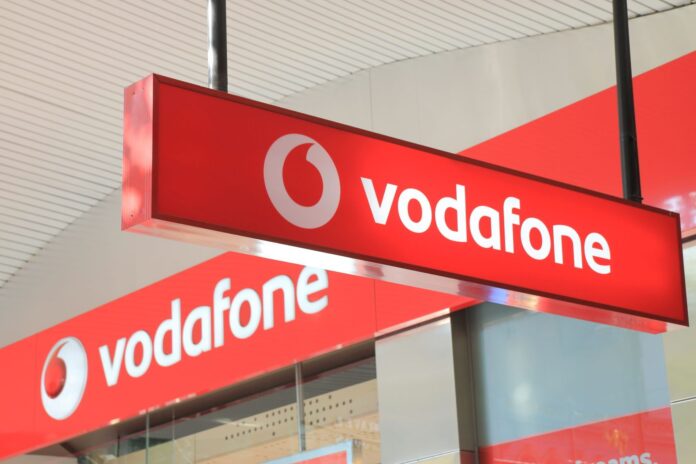Facing Huawei rip-and-replace, Vodafone needs to reallocate capital
U.K. telecommunications group Vodafone has called for the U.K. government to abandon an upcoming spectrum of 5G spectrum following the government decision to ban the use of Huawei gear in future networks.
Vodafone U.K. CEO Nick Jeffrey said that those operators that are required to remove Huawei’s gear from their networks will have to use financial resources that could have been used to acquire 5G spectrum.
Earlier this week, the U.K. government announced that Huawei’s gear will be completely removed from the country’s 5G networks by the end of 2027. The government also confirmed that it will also implement a total ban on the purchase of new Huawei kit for 5G, starting next year.
The decision was adopted following recent U.S. sanctions that will negative impact the vendor’s ability to use U.S. chipmaking equipment and software to design and manufacture its semiconductors abroad.
U.K. experts concluded that Huawei will need to do a major reconfiguration of its supply chain as it will no longer have access to the technology on which it currently relies and there are no alternatives which we have sufficient confidence in. They found that the new restrictions make it impossible to continue to guarantee the security of Huawei equipment in the future.
This decision by the government could delay 5G rollout in the U.K by up to three years and add £2 billion ($2.5 billion) of additional costs to operators.
Vodafone is proposing that operators could receive a share of 5G airwaves in exchange for the reserve price, which would result in lower investments in the acquisition of 5G frequencies. Vodafone UK said this would help offset the costs of removing Huawei equipment from existing networks.
In March, U.K. telecom regulator Ofcom announced that it had finalized rules for the upcoming auction of spectrum in the 700 MHz and 3.6 GHz to 3.8 GHz bands.
The regulator said in a release that it plans to release 80 megahertz of spectrum in the 700 MHz band, as well as 120 megahertz of spectrum in 3.6-3.8 GHz band.
The auction will involve two stages: a principal one which will see operators placing offers for airwaves separately to determine the amount of spectrum they get; and an assignment phase involving a round of bidding to decide on the specific frequencies which will be allocated.
Ofcom said that the winners of 3.6-3.8 GHz spectrum will be able to negotiate their placements within the band among themselves in order to give them the opportunity to create more continuous blocks of 5G-ready spectrum.
The regulator stated it was looking to maintain strong competition in the market by imposing a 37% cap on the overall spectrum available to any one company.
The 37% cap on overall spectrum holdings has the effect of restricting existing mobile companies to acquiring the following amounts: BT/EE will be able to acquire up to 120 megahertz, while Three and Vodafone will be able to acquire up to 185 megahertz and 190 meahertz respectively. Due to its current spectrum holdings, O2 will not be restricted by the cap.

